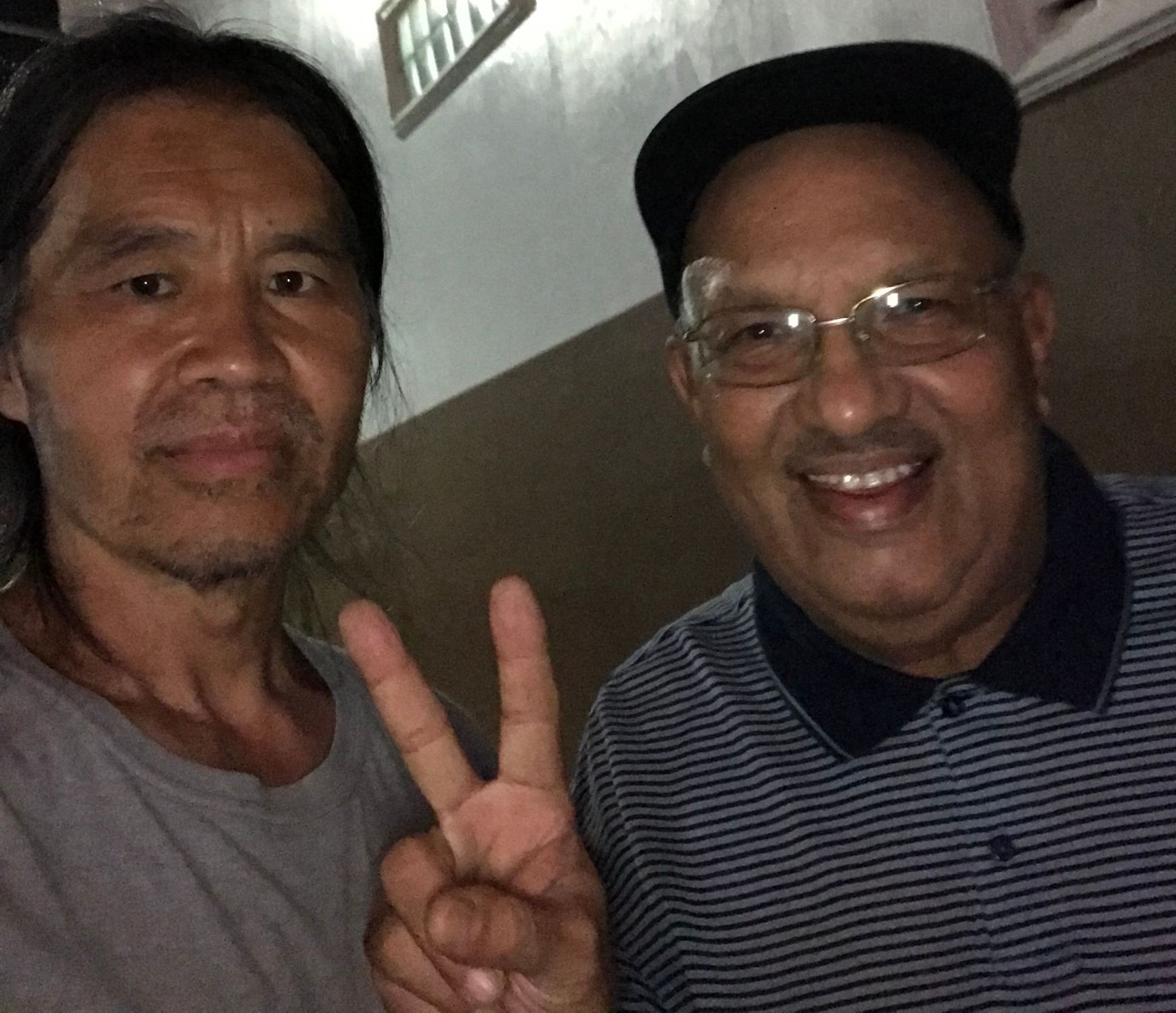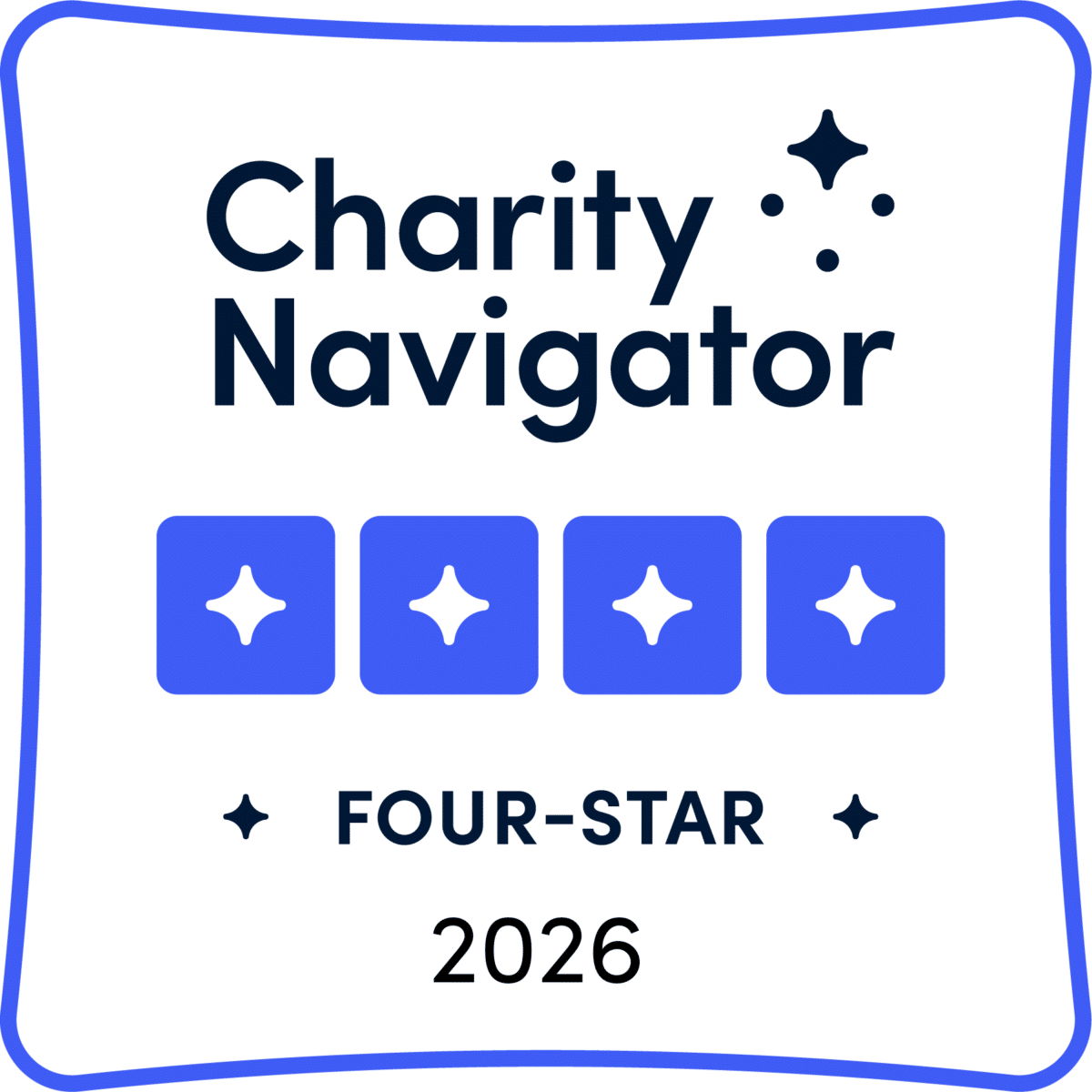Way Quoe Long Shares His Reentry Journey After Serving 23 Years for Cannabis

For 25 years, Way Quoe Long (pictured left) held the distinction of receiving one of the harshest sentences for marijuana ever handed down by California’s Ninth Circuit. In 1998 Way was charged with conspiracy to manufacture marijuana and, until early 2021, was serving a de facto life sentence for this nonviolent, marijuana-only offense. In January 2021, Way was granted clemency and freed from imprisonment. Since his release, Way has reunited with his two sons and found stability and support with his family as he navigates his re-entry journey.
Way was a young man when he was first incarcerated in the 90s and has returned to a dramatically different world. His release from incarceration is just the first step toward justice. Last Prisoner Project provided Way with a reentry grant immediately upon his release. However, he still needs time, support, and resources to rebuild his life and heal from decades of unjust punishment.
Today, Way is working towards building a career growing cannabis, despite his criminal record making it difficult to achieve that dream. In addition, Way, a lifelong musician—even during his incarceration—continues to write and create. Now that he has been granted his freedom, he looks forward to sharing his artistry with the world.
Check out THIS interview with Way to learn more about his story...
Can you tell me a little bit about yourself and your background?
I was born in Laos in the 60s. All my little friends around the neighborhood, this is before I was even 10, they smoked weed. I didn’t smoke, but I was hanging out with people that smoked like crazy. I mean, you grow up early back in Asia, you know? As a little kid or teenager, you’re kind of like an adult over there, it’s different. My dad worked for the U.S. government. One thing led to another, and because of Vietnam War, we ended up in the U.S. Midwest, a white town in the middle of Iowa. I was like 13 years old, roughly. All the people I was hanging out with, they smoked weed. So, you know, monkey see, monkey do. I started smoking weed at like 17. I was growing it before I even started smoking it. I would just grow little plants in the window, but then my Mom would find them and kill the plants. Eventually I moved to California. My sister lived out there, and one day she showed up and asked me to come back to San Francisco with her. I figured, why not.
In San Francisco, people would grow and sell weed right down by the police station, in the Tenderloin. The police didn’t care though. I was a new kid in town. I knew one guy, and he’d introduce me to folks, you know? It just so happened that everybody he introduced me to smoked weed. So, I was hanging out with them and then one day I was just like, I’m tired of looking for good weed you know? I just wanted to grow my own. At first it was hard to find good seed, and then one day I met a guy—he was the real deal. So, I started growing weed. I knew there's peak demand for it. I was growing in Oakland you know, just for my own smoke. Then I realized I could make a good living, growing for other people.
I knew there was money to be made. I lived a simple life, didn’t buy expensive things, I just drove a little truck, lived like a normal person. In ’95 other people had jumped on the bandwagon, growing, and selling weed, and when they made money they’d buy all kinds of fancy stuff, fancy cars, etc. I started working with Asian communities and farmers in southern California, and it started to get big. With all these farmers growing weed, we ended up getting busted. The police started doing more and more raids. In September ‘95, they started raiding the farms. They came and picked me up like about May 17, 1996. About, maybe, let's see… about seven, eight months later, you know, after everybody pled guilty and stuff.
What happened after you were arrested?
I got charged and convicted of conspiracy, no bail. My buddy who had gotten arrested from one of the farm raids ended up giving them my name. His girlfriend was pregnant at the time, and the government had put her in jail. She had nothing to do with any of it, it was just because of the conspiracy. They were threatening to go after his girlfriend, so he kind of rolled over because of that. I was convicted through a plea deal. I have no bitterness. I could go and knock on their door anytime. I keep up with them on Facebook, I’ve got to see his daughter grow up. Sometimes I think, maybe she knows who I am, she was born after I was incarcerated.
They had like about maybe 70 witnesses, made it look like a big conspiracy you know? They would basically have a bunch of police come in to lie, one after another, lie after lie. There was exculpatory evidence for my case that was never introduced. They said they had a sales receipt for a gun that had my pager number on it. But guess what, if you looked you would see that it couldn’t possibly have been true because my pager—the number that was on the incriminating receipt—hadn’t been activated until after the gun had been purchased, days later. So how is it possible? First, they say they found the sales receipt in my truck, and then they said that they found it inside my house, then in the gun case. Then all of a sudden, they can’t locate the original report. After my conviction, I wanted my attorney to appeal. I paid him good money, but he never filed my appeal.
What has life after incarceration been like for you?
When I got convicted, I was a young kid. I stopped contact with everybody I knew, except for family. I gave up on pretty much everything, I felt like I was already dead. I was sentenced to like 50 years, you know? Then, I was released because President Trump granted me clemency, on the last day. A little over two years ago now. Coming out was hard. It’s like, holy shit the world has changed! I don’t know anybody anymore. I still feel 17 inside, but everyone else I knew changed. Like most of my friends, they’re settled down already, working, and doing well for themselves with their families. At least I have my family, they’ve my main support system. Oh, it is good to be free, you know, I wouldn't trade it for nothing. I mean, I’d rather be homeless and live in the street than live in a cage.
At first, I was on probation. I thought, maybe I can find a job, you know, at a company. I looked here and there, but it’s tough. I’m just me, I’m a nobody, you know? I want to go back to Thailand, there’s a great cannabis job opportunity for me out there but I can’t get the right paperwork because of my record. I really just want to be able to grow cannabis, it’s what I love to do and I’m good at it.






